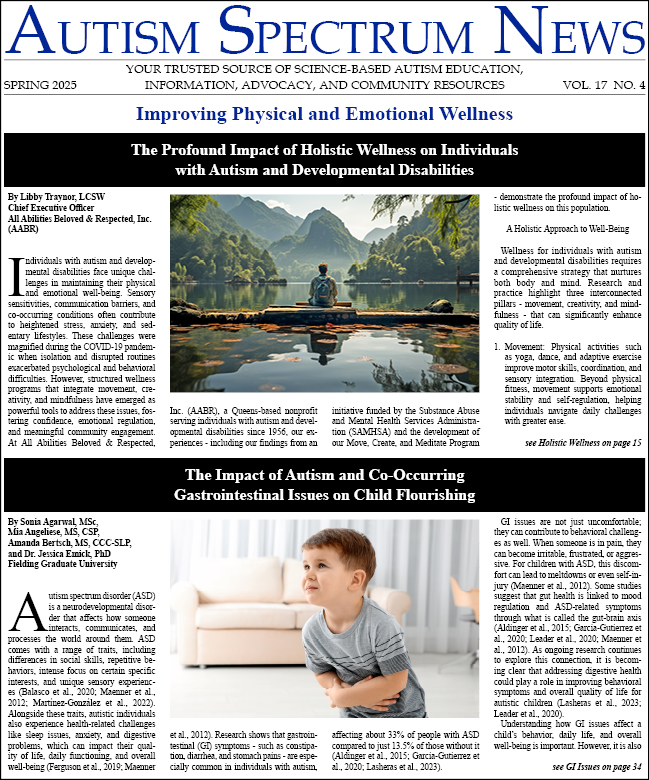Every day there are countless opportunities for partners to create small connecting moments to enhance emotional connection in their relationship. Taking advantage of these little moments can make for big changes in your relationship dynamics. “Having a Good Afternoon” is the second of the series called “PFA Tips: Neurodiverse Couples: Making Meaningful Moments of Everyday.” Part one was Having a Good Morning, and part three will be “Having a Good Night.”’

Spending the Day Apart
Out of Sight Doesn’t Have to Mean Out of Mind – When you spend the day away from your partner, just because you are physically separated, doesn’t mean you have to feel apart emotionally. Letting your partner know you’re thinking about them, even when you’re apart, makes them feel loved and cared about. You can connect with your partner verbally or nonverbally. Mix it up, there is no right way to communicate, as long as it is comfortable for you both.
Something as simple as a text saying, “I’m thinking of you” lets your partner know you are happy they are part of your life. A winky face emoji text sends a flirty message. A message that confirms the schedule of the day like “Do you need me to pick up anything on my way home?” or “I’m confirming that you are in charge of the carpool today,” reinforces that together, as a team, you are taking care of the responsibilities of your shared life.
When partners are in touch during the day, they are reassuring each other that they are on each other’s mind, and in each other’s hearts, even when apart.
Spending the Day Together
Being Together Doesn’t Automatically Mean Feeling Togetherness – When you and your partner spend an unstructured day at home, it is easy to get hyper focused on whatever you are doing, and take your partner for granted, overlook them, or tune them out altogether. You may not even realize it, but your partner might feel ignored or worse yet, invisible, so remember to seek out moments to connect.
When you cross paths with your partner, give a nod or a soft touch or an “I’m looking forward to dinner with you.” If you haven’t seen them all day, poke your head into their space – give them a big smile or a quick hug, ask how their day is going, offer to get them a beverage, make them lunch or a snack that you enjoy together if possible, or let them know that you are there if they need you. Figure out what type of intimate communication, and how much of it, works for both you and your partner.
Having Fun, Together – When your day includes spending time together, make sure you pick an activity that meets your and your partner’s needs and expectations. You may have different ideas about what would be a fun activity so you may decide to take turns. If you like silent walks in nature and your partner likes chatty, fast paced walks, you can alternate or divide the walk so that everyone’s needs are met.
Getting It Done, Together – Managing everyday life tasks and getting things done, day in and day out, can be stressful. Even when the daily life tasks can feel unfun, difficult, or boring, accomplishing them together as a team can make it easier and connecting.
Divide and Conquer: For some couples, it may be too challenging to execute specific tasks together, as partners may have different likes and dislikes, strengths and challenges, or paces. Instead, partners can choose to work separately, executing their different roles, but feeling like one combined team. Figure out how best to divide and conquer. Try to make intimate moments happen while you both are carrying-out your separate tasks – acknowledge your partner as you mop the floor with a “How’s it going?” or compliment your partner on getting things done, or share a connecting smile as you work, or have a light conversation while grocery shopping, if you are both willing and able.
Working as One: For some couples, it feels connecting, bonding, and fulfilling when you share the workload in unison to get the job done. The act of working together and completing the tasks makes them feel connected, such as building a bookshelf or cleaning out the garage. If you want to feel even more emotional connection while doing chores, you can spice it up by adding a bit of dancing or singing while you work. You can clean while listening to music or talk about your days while raking leaves.
However you spend the day, choose to make every day a good day with your partner. Be intentional and create moments of togetherness that are comfortable for each of you. Remember that a small gesture makes a big impact, so take time to do something connecting so your partner feels loved.
Additional Resources
- Neurodiverse Couples: Making Meaningful Moments of Every Day – Having a Good Morning
- Neurodiverse Couples: Making Meaningful Moments of Every Day – Having a Good Afternoon
- Neurodiverse Couples: Making Meaningful Moments of Every Day – Having A Good Evening
- PFA Tips: Dating – He Said/She Said
- “Decoding Dating: A Guide to the Unwritten Social Rules of Dating for Men With Asperger Syndrome” by John Miller
© 2021 Pathfinders for Autism
This article has been republished with permission. You may view the original article at https://pathfindersforautism.org/articles/social/pfa-tips-neurodiverse-couples-afternoon.
Grace Myhill, MSW, is a pioneer and leader in the field of neurodiverse couples therapy. Since 2004, she has worked with over one thousand neurodiverse couples together or separately. She has developed numerous skill-building tools and lessons to enhance communication and emotional connection. Grace offers a variety of online groups for the many facets of this unique population: for neurodiverse couples together, for partners with an Asperger’s/autism profile, for neurotypical partners who are currently in a neurodiverse relationship, and for neurotypical partners who are separated or divorced from an ex-partner with an Asperger’s/autism profile. She currently holds the titles of Director of Couples and Partner’s Services and Director of the Peter M. Friedman Neurodiverse Couples Institute at AANE, where Grace trains professional clinicians to work effectively with neurodiverse couples through online courses she developed for AANE. She has written several articles and is a frequent guest on podcasts. For more information visit www.gracemyhill.com.
For therapists or partners in a neurodiverse couple who would like to learn more about AANE’s online trainings and other resources, contact Grace Myhill at grace.myhill@aane.org.






This post offers such valuable insights into how neurodiverse couples can create meaningful connections in everyday moments. I love how it emphasizes the importance of small, intentional actions to nurture the relationship and foster understanding. It’s a beautiful reminder that even simple, routine interactions can be opportunities for connection and growth. The tips provided here are not only practical but also compassionate, highlighting the unique strengths that neurodiverse couples bring to their relationships. Thank you for sharing these wonderful ideas!